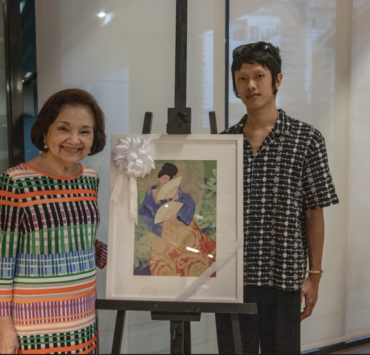Sari Lazaro finds creative freedom in RTW line
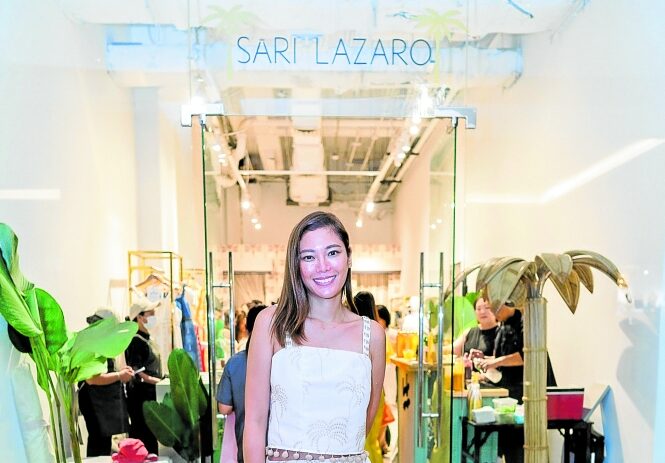
Designer Sari Lazaro has dressed elegant brides, wowed fashionistas in Paris and Doha, and built a loyal following through her bespoke creations. But if you ask her who she’s always dreamed of dressing, she won’t hesitate to say: Heart Evangelista and Kathryn Bernardo.
“Obviously, Heart,” Lazaro told Lifestyle, laughing. “She knows how to dress well, and she wears local—that’s actually where she started. And Kathryn—she carries herself so well. She’s very sexy.”
Now, Lazaro is taking a bold step toward that dream. After years in the made-to-order space, she is finally launching her first official ready-to-wear (RTW) collection, making her designs more accessible to stylish women everywhere. The pieces are on display at her monthlong pop-up at PowerPlant Mall in Makati City, running until April 29.
While her roots lie in creating custom gowns and collaborating closely with clients, RTW has given Lazaro something she hasn’t felt in a while: creative freedom.
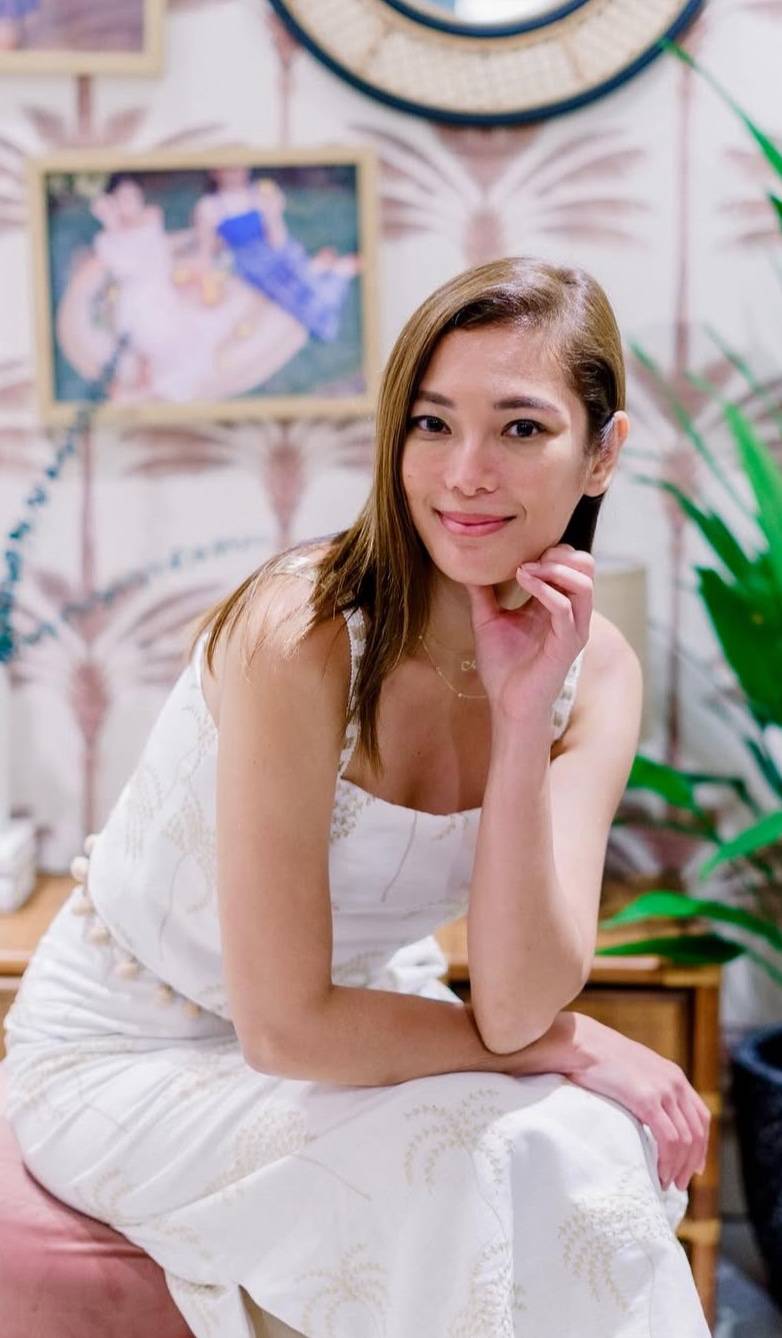
That freedom shows in her new summer collection, which is all about breezy linens, hand-embroidered florals, and a splash of bold, happy color. It’s also light, earthy, and distinctly her—offering a peek into who she is, both as a designer and a woman.
“This is my second pop-up at PowerPlant, but the first one where I’m officially launching my RTW line,” she said. Lazaro has joined pop-up events like ArteFino and Katutubo in the past, but this time, the move feels more intentional.
“I’m doing this to really introduce myself to a wider market. I don’t have a permanent store yet—but that’s the dream. Hopefully, next year,” she declared.
The RTW line is available in sizes XS to L, with many pieces produced in limited quantities—including a floral top that takes 20 different fabric pieces to assemble. Some designs are also available for preorder.
“It’s still very much me,” she said. “It’s RTW, but it’s still Sari.”
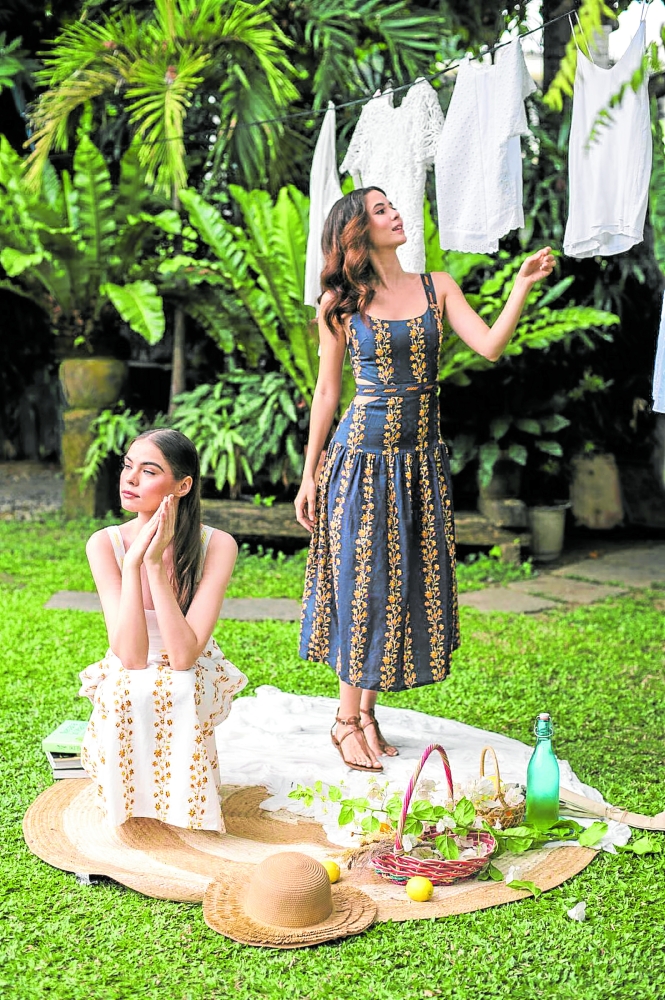
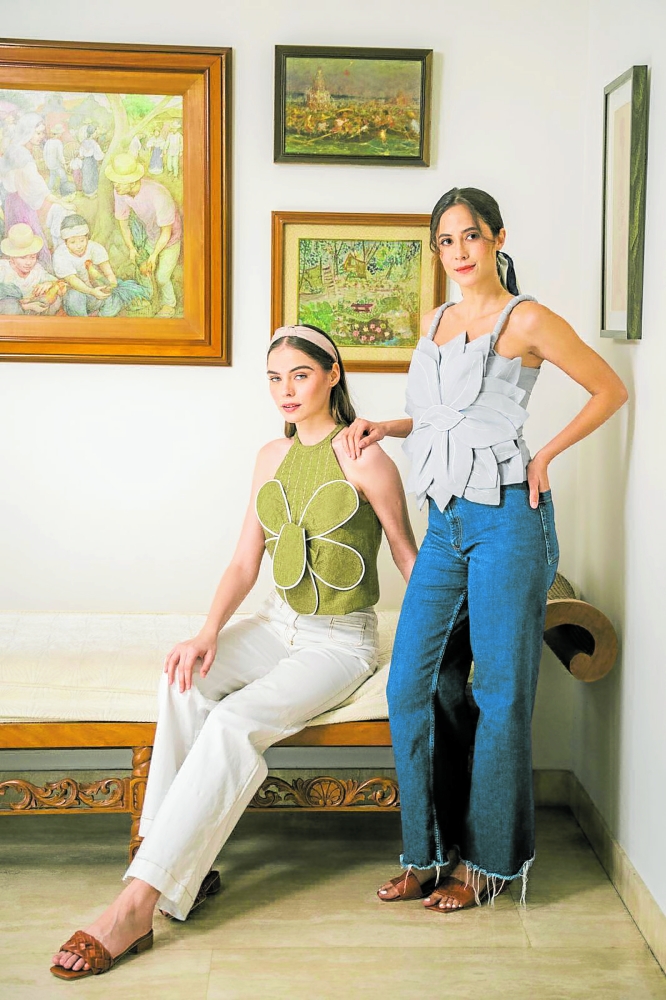
Full control
Asked how different the RTW process is from her bespoke work, Lazaro said: “I used to do made-to-order, right? That was always a collaboration between me and the client. But with this, I had full control—fabric, embroidery, the whole design direction. I’m really enjoying it.”
She then described her process. “I start with a theme, then buy the fabrics. I sketch the designs, and my team and I work together to execute the vision. We make samples, refine them, and then go into production. It usually takes us around three months to finish.”
RTW has also allowed Lazaro to reconnect with her first love: indigenous textiles. “I wanted to include some local weaves. That’s actually how I started—my first collection used woven fabrics,” she said. “It’s just that they take so much time. For one yard of fabric, it can take four days to make. So we can’t release a lot. But I want to include more in future collections.”
Some of her new pieces incorporate textiles like inabel and ikat—traditional Filipino weaves known for their rich patterns and cultural heritage.
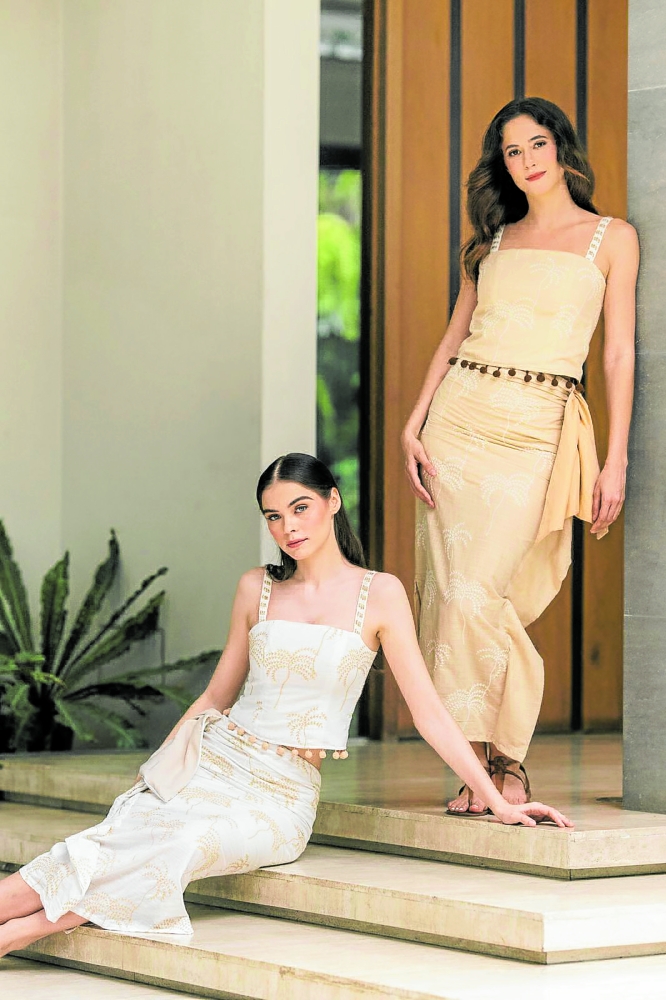
“We have so many beautiful patterns and skilled artisans,” Lazaro said. “I want to explore more of that. I want to preserve our culture through design.”
Of course, transitioning to RTW hasn’t been without its challenges. The biggest one is finding highly skilled sewers, said Lazaro. “They’re very limited. Some can only do basic pieces, and once you elevate it, it gets harder,” she explained. “But I work closely with my pattern maker. She understands my vision and can execute quickly. She can even make a sample the next day.”
Operations is another hurdle. “Running production, timelines, and just the logistics—it’s a lot. But I’m learning,” she added.
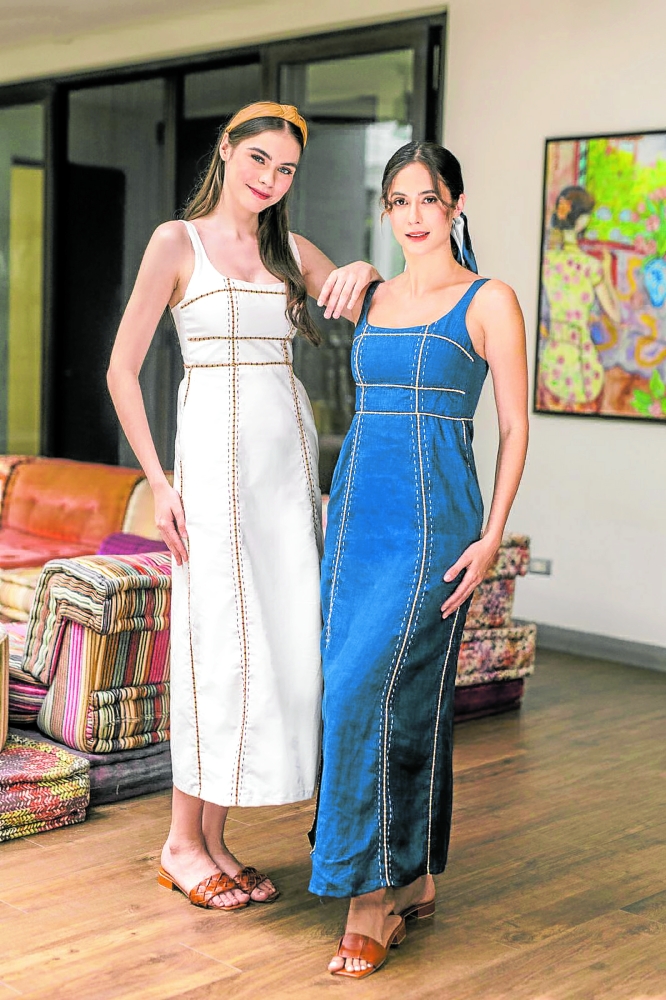
So, who does Lazaro design for? “A woman who’s confident and curious. Someone who’s still figuring herself out but isn’t afraid to try new things,” she said—kind of like Heart and Kathryn.
It’s also a little like Lazaro herself: subtle, introspective, and unafraid to carve her own creative path. “I want the women who wear my clothes to feel content, proud, and happy to be themselves. When you feel good, you’re a better person,” she said.
Lazaro’s vision is far from small. A Dubai pop-up is already in the works for later this year, and an e-commerce platform is on the horizon. “Eventually, I want people—especially Filipinos—to be able to shop my pieces online,” she said. “We don’t make a lot yet, but we’re getting there.”
Her ultimate goal is to champion Filipino talent, she said. Not just through her designs, but through the local weaves and artisans she works with.
“We have so many beautiful patterns and skilled people,” she emphasized. “I really want to explore more of that.”














